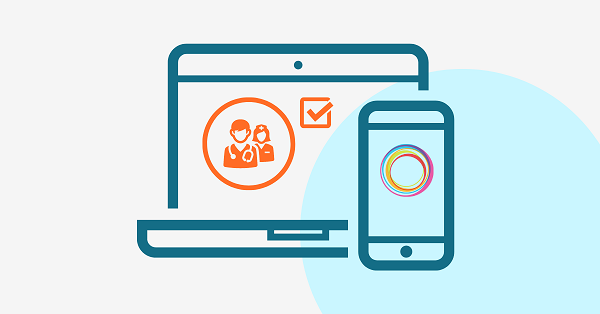Inflationary pressures dominate the economic outlook for 2022 due to labor shortages, supply chain backlogs stemming from the pandemic, and continued disruptions of food, energy, and other materials caused by the ongoing war in Ukraine. The Bureau of Labor Statistics reports the all-items index increased 8.6 percent between May 2021 and May 2022, the largest twelve-month increase in over forty years.
The same factors driving inflation in other sectors also impact healthcare, although the results of inflationary pressures on healthcare tend to be delayed. While the prices of food, energy, and other items respond immediately to inflation, healthcare inflation moves at a slower rate. Medical care prices are either set by government agencies or negotiated with insurance companies, and the impacts of inflation are only felt when these agreements are renegotiated. While healthcare inflation has stayed at a consistent two to three percent since the beginning of the pandemic, labor shortages, federal subsidies, and high Medicare payments for COVID hospitalizations have had their impact and will lead to higher medical care inflation as insurers adjust premiums in 2023.
How Inflation Is Impacting Healthcare Facilities
Experian reports that, in contrast to the Consumer Price Index, which rose 8.6% in May 2022, the Health Care Price Index rose only 1.9%. However, as climbing costs result in declining profit margins, healthcare inflation will increase. McKinsey estimates climbing costs will result in a 1.2% to 2.8% decline in medical care profit margins. Increases in expenses and inflationary pressures have resulted in a third of hospitals operating on negative margins.
Factors impacting healthcare inflation include:
- Hospital employment is down 100,000 from pre-pandemic levels.
- Hospital labor expenses per patient are 19.1% higher than pre-pandemic levels.
- Higher labor costs due to an increased reliance on contracted staff, especially nurses.
- Drug expenses increased by 36.9% per patient from pre-pandemic levels.
- Medical supplies increased in cost by 20.6% through the end of 2021.
Combating Inflation by Minimizing Organizational Inefficiencies
Healthcare facilities can combat inflation by minimizing operational inefficiencies. Increasing workflow efficiency, for instance, can mitigate the impact of staffing shortages. Incorporating the right digital tools into your workflow lets patients take care of many administrative tasks related to their own care. Connecting patients with digital administrative tools reduces staffing requirements and the risk of administrative errors: patients who use self-scheduling and registration tools are more engaged with their own care.
Automated collections systems also reduce staffing needs by speeding up payments, increasing workforce productivity, and avoiding revenue losses. With the increased cost of hospital operations, accurate and timely collections are essential for improving profit margins.
How SEC³URE Ethos Solutions Can Help Maximize Revenue
Medical care inflation is best countered by ensuring you maintain your healthcare facility’s revenue. By ensuring efficient, timely care, SEC³URE Ethos helps improve patient retention. Incorporating SEC³URE Ethos, SEC³URE Passport, and other digital tools into your administrative processes gives your location of care the tools needed to weather the coming increase in healthcare inflation.
Concerned with increased medical care inflation rates? Contact us to learn more about how you can combat rising costs by leveraging our SEC³URE Ethos solutions.




